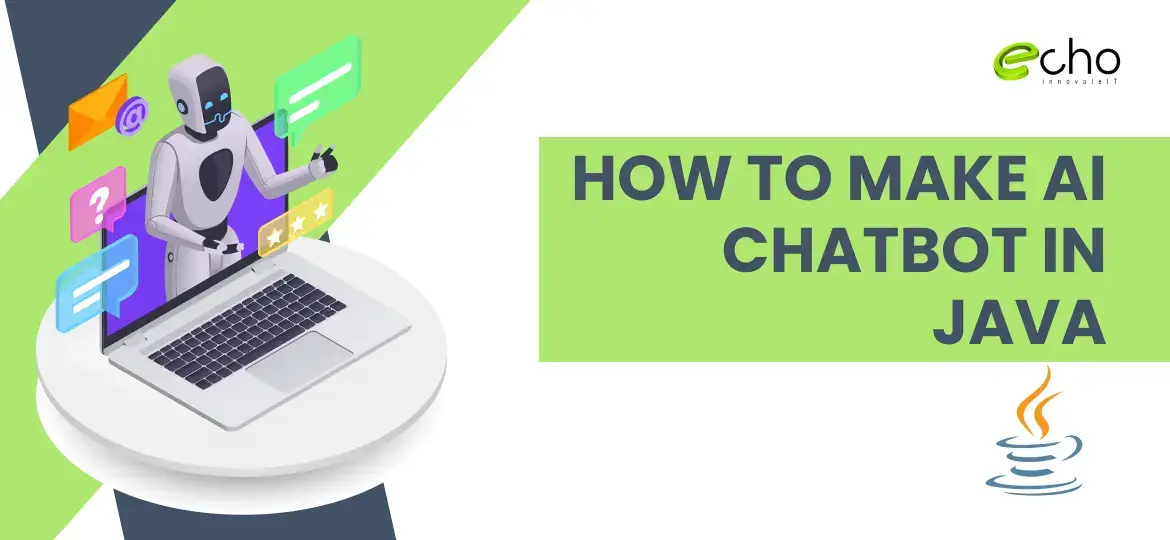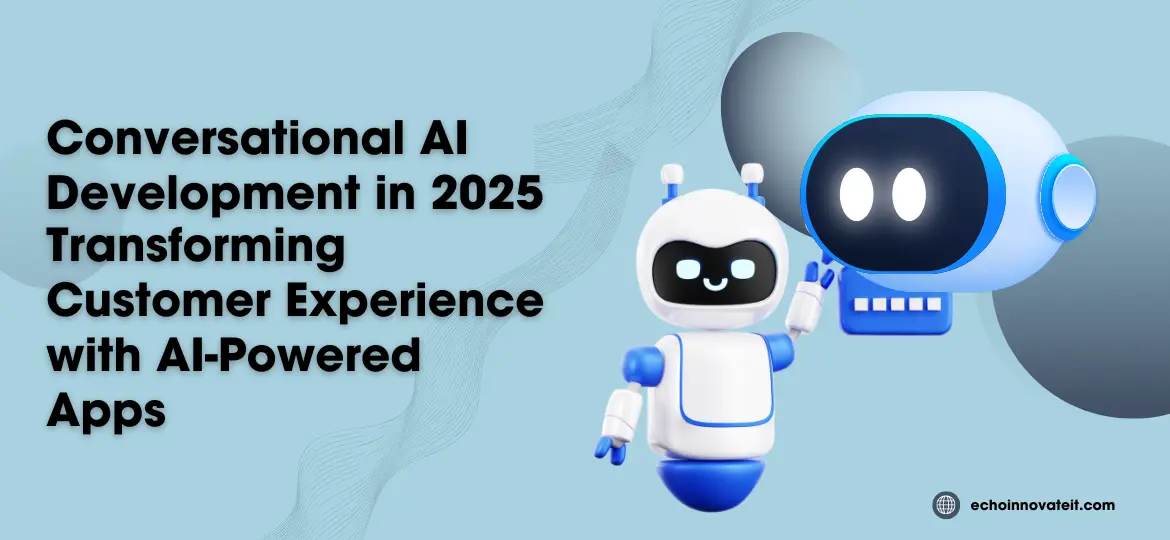Performance is the most critical aspect of any mobile app. The first thing users notice repeatedly is the app’s startup time, and they are quick to abandon it if it’s slow. According to Nimbledroid, poor app performance has caused 86% of users (myself included) to uninstall their apps.
If your app needs to display content to users, it has less than 11 seconds to load before losing their attention. Yet, only 40 out of 100 Android apps manage to start in under 2 seconds, while 70 take at least 3 seconds. This highlights the need to prioritize Android app performance during development.
For businesses seeking to enhance their digital platforms, leveraging AI chatbot solutions like a customer service chatbot or an enterprise chatbot can also boost user satisfaction. An AI customer support bot can respond instantly to queries, reducing wait times and improving overall user experience. The cost of chatbot implementation depends on its complexity, but these tools are becoming more accessible with AI in 2024. If you’re considering integrating a chat bot for website or exploring ai bots for sale, they can streamline processes and provide exceptional support for your customers.
Although Android devices have multiple cores, building smooth apps isn’t as difficult as it seems. Optimizing app performance requires understanding what happens under the hood. Using tools to identify bottlenecks, measure performance, and refine processes can lead to significant improvements. Similarly, a well-designed robot chatbot or customer service bot can automate user interactions and enhance satisfaction.
It’s time to stop relying on gut feelings and start utilizing tools and technologies, like AI chatbot solutions, to improve performance. Whether optimizing apps or deploying an AI-driven bot, embracing innovation can help you win the hearts of users and keep them coming back.
In today’s technologically advanced world, mastering the art of accessibility is the key. Speed and personalization come next. That’s where AI chatbots come into the frame. Chatbots’ popularity is increasing daily among businesses of all sizes, whether small or large. The market share of AI chatbots is expected to grow by 15.5 billion dollars in the coming years, with an annual growth rate of 23%. The stats highlight a positive growth in chatbot technology and its development.
In our recent blog, we have learned about AI chatbots in detail. In today’s article, we’ll learn how to make an AI chatbot in Java. Choosing a programming language to build the best AI chatbot platform depends on various factors. Python, Java, JavaScript, and C++ are some of the best languages. Let’s understand why Java should be your ultimate choice for developing an AI chatbot app in 2024.
Why Should You Consider Building AI Chatbot With Java
Java chatbots can be a great start for developing chatbot AI for your business. With robust features in Java, it provides a wide range of libraries and frameworks well suited for highly functional AI applications like chatbots. Here are some of the reasons why you should choose Java for developing AI chatbots:
Seamless Coding & Scalability
Java has a refined surface, which means one can enjoy a seamless coding experience with Java. Its portable feature makes it the perfect choice for chatbot development.
Java can be the best resource for developing AI chatbots for ecommerce or large-scale chatbot apps. Its powerful memory management system and garbage collection make it a suitable choice.
Variety of Frameworks & Libraries
Java provides an essential toolkit for chatbot development like OpenNLP, DeepLearning4j, Rasa, and more. OpenNLP can be used for Natural language Processing (NLP) tasks like tokenization, stemming, part-of-speech tagging, etc.
Similarly, deep learning libraries and Rasa are beneficial tools for building AI chatbot models and conversational AI.
Global Talent Pool
Java is a globally popular platform, which ensures its reliability and makes hiring Java developers easy. It has also evolved recently and has become a mature platform. Java’s large developer community provides abundant tools, tutorials, and problem-solving forums.
Flexible Integration Abilities
With flexible integration, Java can collaborate with various APIs and services, which allows chatbots to access external data and functionalities. Java’s JDBC API allows for smooth database interaction, allowing your chatbot to store and retrieve information.
Ideal For Machine Learning
Java is the best choice for machine learning and developing AI chatbots as it integrates with machine learning platforms like Weka, which are algorithms for data mining and are highly beneficial for AI chatbots.
Why Should You Consider Building AI Chatbot With Java
Java chatbots can be a great start for developing chatbot AI for your business. With robust features in Java, it provides a wide range of libraries and frameworks well suited for highly functional AI applications like chatbots. Here are some of the reasons why you should choose Java for developing AI chatbots:
Seamless Coding & Scalability
Java has a refined surface, which means one can enjoy a seamless coding experience with Java. Its portable feature makes it the perfect choice for chatbot development.
Java can be the best resource for developing AI chatbots for ecommerce or large-scale chatbot apps. Its powerful memory management system and garbage collection make it a suitable choice.
Variety of Frameworks & Libraries
Java provides an essential toolkit for chatbot development like OpenNLP, DeepLearning4j, Rasa, and more. OpenNLP can be used for Natural language Processing (NLP) tasks like tokenization, stemming, part-of-speech tagging, etc.
Similarly, deep learning libraries and Rasa are beneficial tools for building AI chatbot models and conversational AI.
Global Talent Pool
Java is a globally popular platform, which ensures its reliability and makes hiring Java developers easy. It has also evolved recently and has become a mature platform. Java’s large developer community provides abundant tools, tutorials, and problem-solving forums.
Flexible Integration Abilities
With flexible integration, Java can collaborate with various APIs and services, which allows chatbots to access external data and functionalities. Java’s JDBC API allows for smooth database interaction, allowing your chatbot to store and retrieve information.
Ideal For Machine Learning
Java is the best choice for machine learning and developing AI chatbots as it integrates with machine learning platforms like Weka, which are algorithms for data mining and are highly beneficial for AI chatbots.
Conclusion
Ready to build your AI chatbot with the Java platform? As we stated above, developing a Java chatbot can be highly beneficial for your business because of Java’s robust features and flexible integration with powerful AI models. To create an AI chatbot in Java under budget, hire Echoinnovate IT today and get detailed guidance on the latest meta AI chatbot development or AI language models like Gemini and ChatGPT.
Begin creating a chatbot today and discover the infinite possibilities of generative AI with Java today!
FAQs- How To Make AI Chatbot In Java
What are the basic steps to create an AI chatbot in Java?
To create an AI chatbot in Java, start by defining its purpose and functionality. Next, set up a Java development environment, use libraries like Java NLP or TensorFlow for natural language processing, and implement a conversational flow. Finally, test and refine your chatbot based on user interactions.
Which libraries are recommended for building a chatbot in Java?
Recommended libraries include Java NLP for natural language processing, DeepLearning4j for deep learning capabilities, and Apache OpenNLP for various NLP tasks. These libraries can help you manage language processing and improve your chatbot’s responses.
Can I integrate my Java chatbot with messaging platforms?
Yes, you can integrate your Java chatbot with popular messaging platforms like WhatsApp, Facebook Messenger, or Slack using their respective APIs. This allows your chatbot to interact with users across different channels.
How do I improve the accuracy of my Java chatbot's responses?
To improve accuracy, continuously train your chatbot using a diverse dataset of conversational examples. Incorporate user feedback and employ machine learning techniques to refine its language understanding and response generation.



